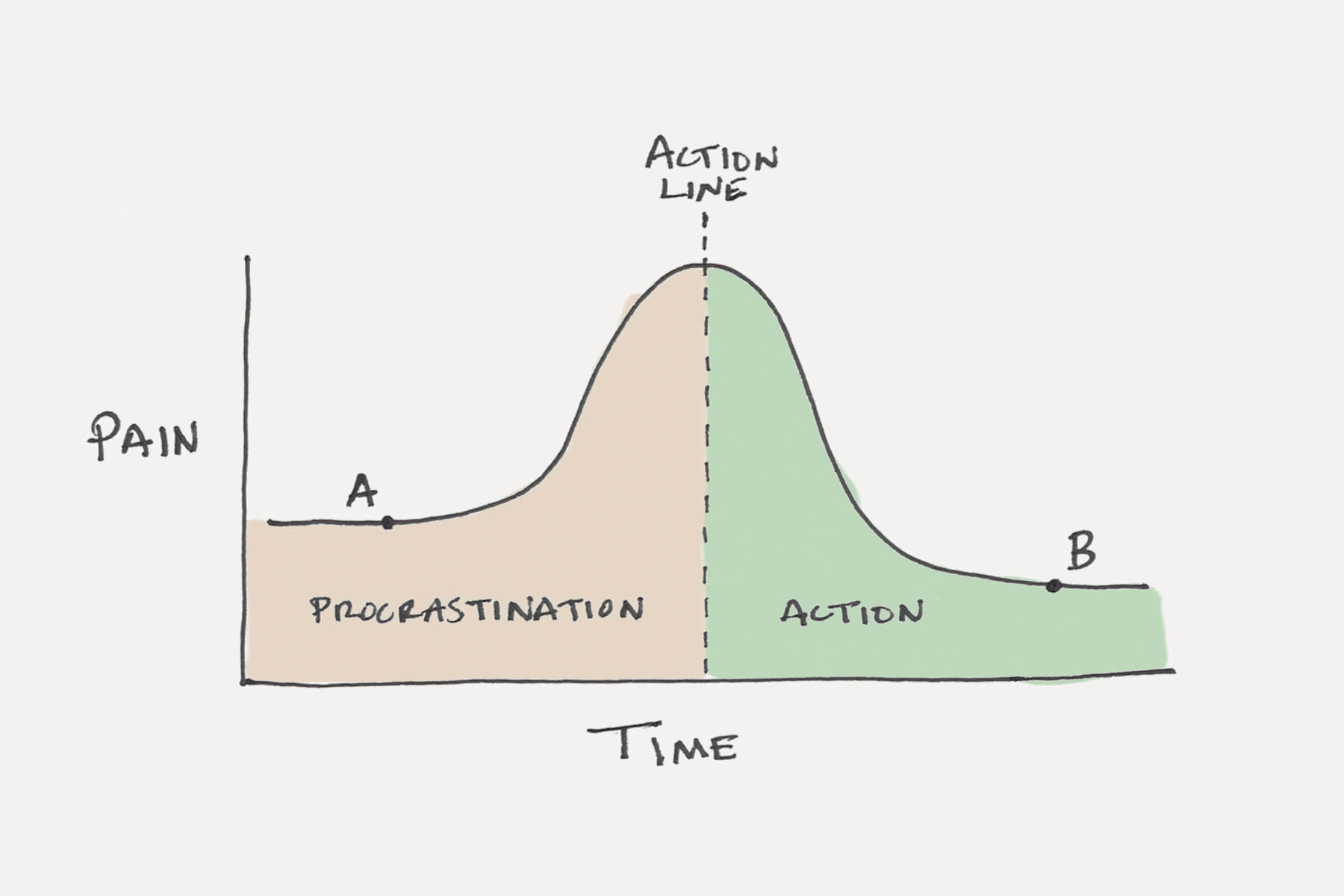Exploring Procrastination, Emotional Dependency, and Impostor Syndrome
Exploring Procrastination, Emotional Dependency, and Impostor Syndrome
Blog Article
Why do some individuals struggle with emotional dependency or impostor syndrome? Psychological research provides valuable explanations into these behaviors, revealing how they develop and how to overcome them.
In this article, we will examine the psychological mechanisms behind procrastination, emotional dependency, and impostor syndrome. By understanding the science behind these challenges, you can take actionable steps toward self-improvement.
What is Procrastination?
Procrastination is not just laziness; it’s a behavior rooted in brain functions. Studies in neuroscience show that conflict between brain regions often leads to procrastination.

The limbic system, which governs emotions and immediate gratification, tends to override the prefrontal cortex. This results in delaying tasks over long-term goals. Cognitive behavioral therapy (CBT) can help rewire these patterns.
The Psychology of Emotional Dependency
Emotional dependency has its roots in psychological attachment. Studies suggest that early relationships with caregivers play a significant role in shaping dependency behaviors.
For example, people with insecure attachment styles may develop excessive reliance on others. Breaking this cycle involves building emotional self-reliance through therapeutic interventions.
What is Impostor Syndrome?
Impostor syndrome stems from biased mental patterns, such as unrealistic self-expectations. Studies in cognitive science indicate that individuals with impostor syndrome often engage in negative self-talk.

These distortions lead to a “fear of being found out” and a reluctance to internalize achievements. Strategies like restructuring thought patterns and adopting self-compassion practices have proven effective.
How to Overcome These Challenges Using Research-Based Strategies
Understanding the science is the first step, but implementing evidence-based solutions is critical. Here are key research-supported techniques:
- Procrastination: Use implementation intentions—specific plans that link a goal to a cue, such as “If it’s 9 AM, I will start writing my report.”
- Emotional Dependency: Practice sindrome do impostor como tratar self-differentiation, a technique where you focus on identifying your own needs separate from others’ expectations.
- Impostor Syndrome: síndrome do impostor causas Keep como ajudar alguem com dependencia emocional a success journal to document your accomplishments and review them regularly to challenge distorted self-perceptions.
These approaches are supported by empirical studies, making them reliable tools for personal development.
Why Understanding the Science Matters
These challenges are not insurmountable when you understand their scientific underpinnings. With evidence-based tools and self-awareness, you can overcome these barriers.
Awareness is the key to growth. Take the first step today by applying these strategies to unlock your potential and thrive.
Report this page